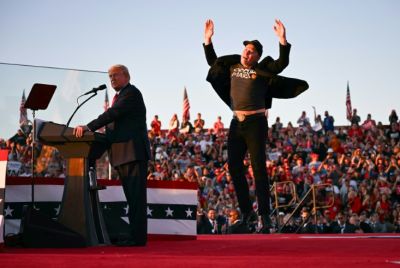China's Vice Premier eyes brisk growth, stable prices, reform
China cannot delay reforms to rebalance its economy and will set policies to achieve relatively fast growth and stable prices that should help total trade maintain double digit growth this year, Vice Premier Li Keqiang said on Sunday.
Li, widely expected to succeed Wen Jiabao as Premier in a leadership transition that begins later this year, said policymakers would focus efforts on boosting domestic demand and pursuing structural reforms that would make growth more stable and balanced.
We will make policies more targeted, flexible and forward-looking to maintain relatively fast economic growth and keep price levels basically stable, he said in a speech at an economic policy conference.
He expected China's total trade to maintain double-digit growth this year. The government has an official target of 10 percent growth in both imports and exports for 2012.
Exports are a key source of demand and jobs for China's vast factory sector and have been a principal driver of wealth creation for much of the last decade in the wake of the country's accession to the World Trade Organization.
China's trade balance plunged $31.5 billion into the red in February as imports swamped exports to leave the largest deficit in at least a decade and fuel doubts about the extent to which frail foreign demand drove the drop.
Import growth of 39.6 percent on the year in February was the strongest in a year, well ahead of the 27 percent expected and more than twice the rate of export growth of 18.4 percent that was barely more than half the pace forecast -- albeit at a six month high.
Li said that there were some encouraging signs emerging about the pace of global economic recovery, and forecast that China's total trade would top $10 trillion in the five years 2011-2015, but added that the outlook was not certain, with efforts to resolve Europe's debt crisis still evolving.
STRUCTURAL OBSTACLES
Li said that while the overall trend of China's economy was stable with sound fundamentals, it faced structural obstacles that must be overcome.
China has reached a crucial period in changing its economic model and cannot be delayed. Reforms have entered a tough stage, Li said, echoing comments made by Wen last week.
Wen, speaking after the close of China's annual meeting of parliament, said slower growth and bolder political reform must be embraced to keep the economy from faltering and to spread wealth more evenly, vowing to use his last year in power to attack mounting discontent that he warned could end in chaos.
The 69-year old Wen pledged to make growth more resilient to external pressures, deflate domestic property and inflation risks and deal with 10.7 trillion yuan ($1.7 trillion) in debt racked up by local governments, while also promoting political change he said at the end of the National People's Congress (NPC), over which he has presided for a decade.
Li said China would deepen reforms on taxes, the financial sector, prices, income distribution and seek breakthroughs in key areas to let market forces play a bigger role in resource allocation.
He added China would raise the weight of services sectors to push forward structural reforms while encouraging technological innovations to generate new sources of economic growth, forecasting that research and development spending in China would exceed 1 trillion yuan ($159 billion) this year.
(Writing by Nick Edwards; Editing by Jonathan Thatcher)
© Copyright Thomson Reuters 2024. All rights reserved.





















